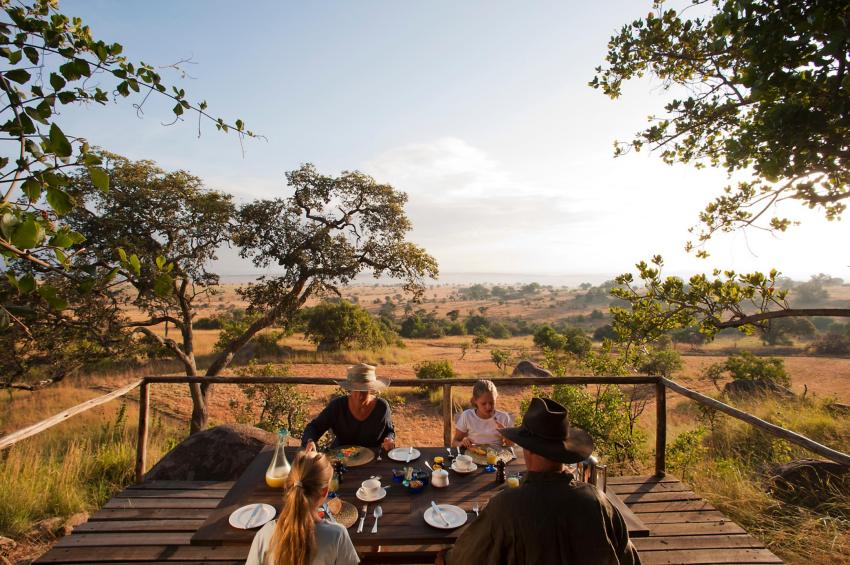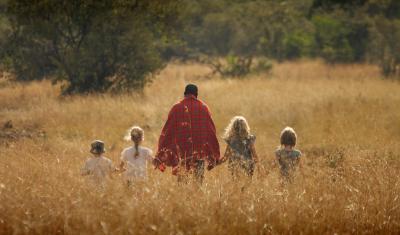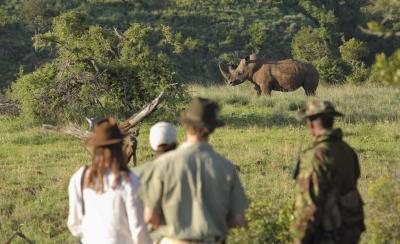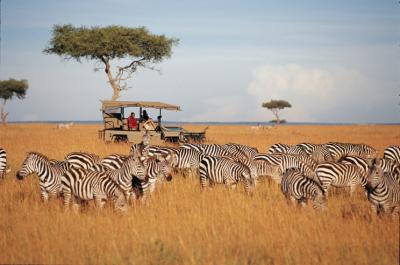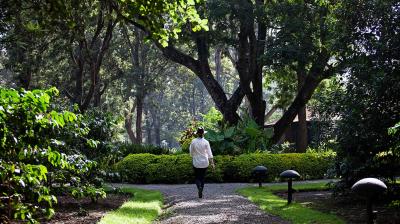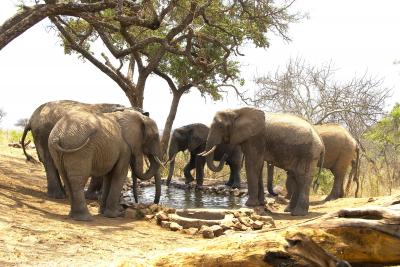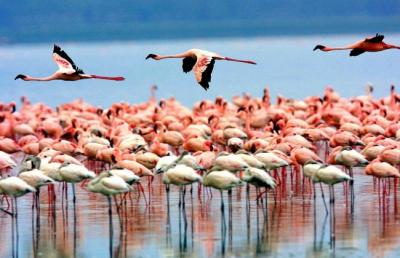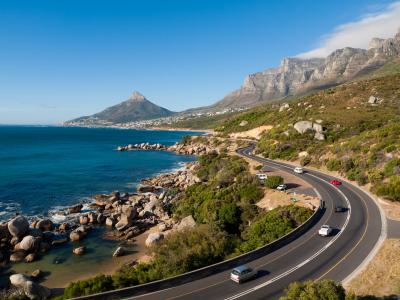Planning a family safari adventure is no easy feat, particularly if you’re doing it independently. Not only are there multiple destinations to consider and an abundance of lodges and camps to choose from but also activities that may or may not appeal to kids. Added to that, you probably have a limited budget to work with and perhaps fixed travel dates to fit in with school holidays.
To help you out, we’ve put together this essential guide to planning a family safari, including kid-friendly safari travel tips we’ve gained over years of experience in the industry. By planning ahead and paying attention to every detail in this step-by-step guide, families can maximise their time on safari and create unforgettable shared memories in some of the world's most spectacular wild places.
Ready to tailor your family’s perfect safari?
Get a free quote from our experts
Step-by-step planning process for a family safari
1. Establish a budget
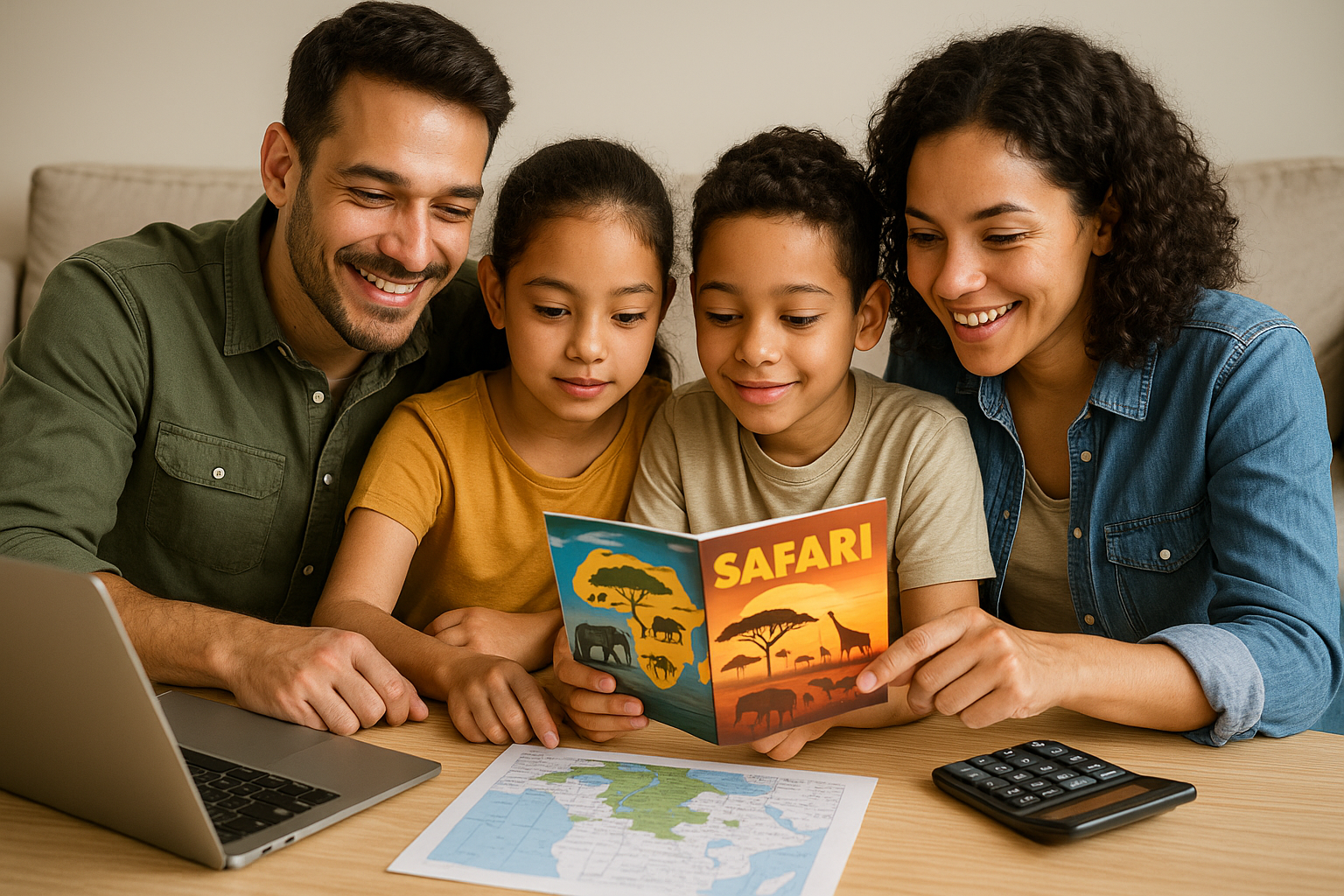 Budgeting for a family safari in Africa requires careful planning to ensure your once-in-a-lifetime vacation doesn’t send you into debt. Start by setting a realistic overall budget that aligns with your financial means, taking into account the number of family members, length of the trip and time of year you plan to travel (remember, peak seasons tend to be more expensive).
Budgeting for a family safari in Africa requires careful planning to ensure your once-in-a-lifetime vacation doesn’t send you into debt. Start by setting a realistic overall budget that aligns with your financial means, taking into account the number of family members, length of the trip and time of year you plan to travel (remember, peak seasons tend to be more expensive).
Key expenses to plan for include international flights, in-country transportation and park entrance fees, as well as accommodations, meals, guides and additional activities like hot air balloon rides. Accommodation options range from budget-friendly campsites to luxurious all-inclusive lodges, so establish early what is your preferred travel style and budget accordingly.
Don't forget to allocate funds for travel insurance, visas and vaccinations, as well as any additional clothing or gear you may need to buy. To give you a rough idea of safari costs, you can check out package deals from safari operators, although it’s a good idea to check the fine print to ensure there aren’t any hidden or extra costs.
2. Decide on the duration
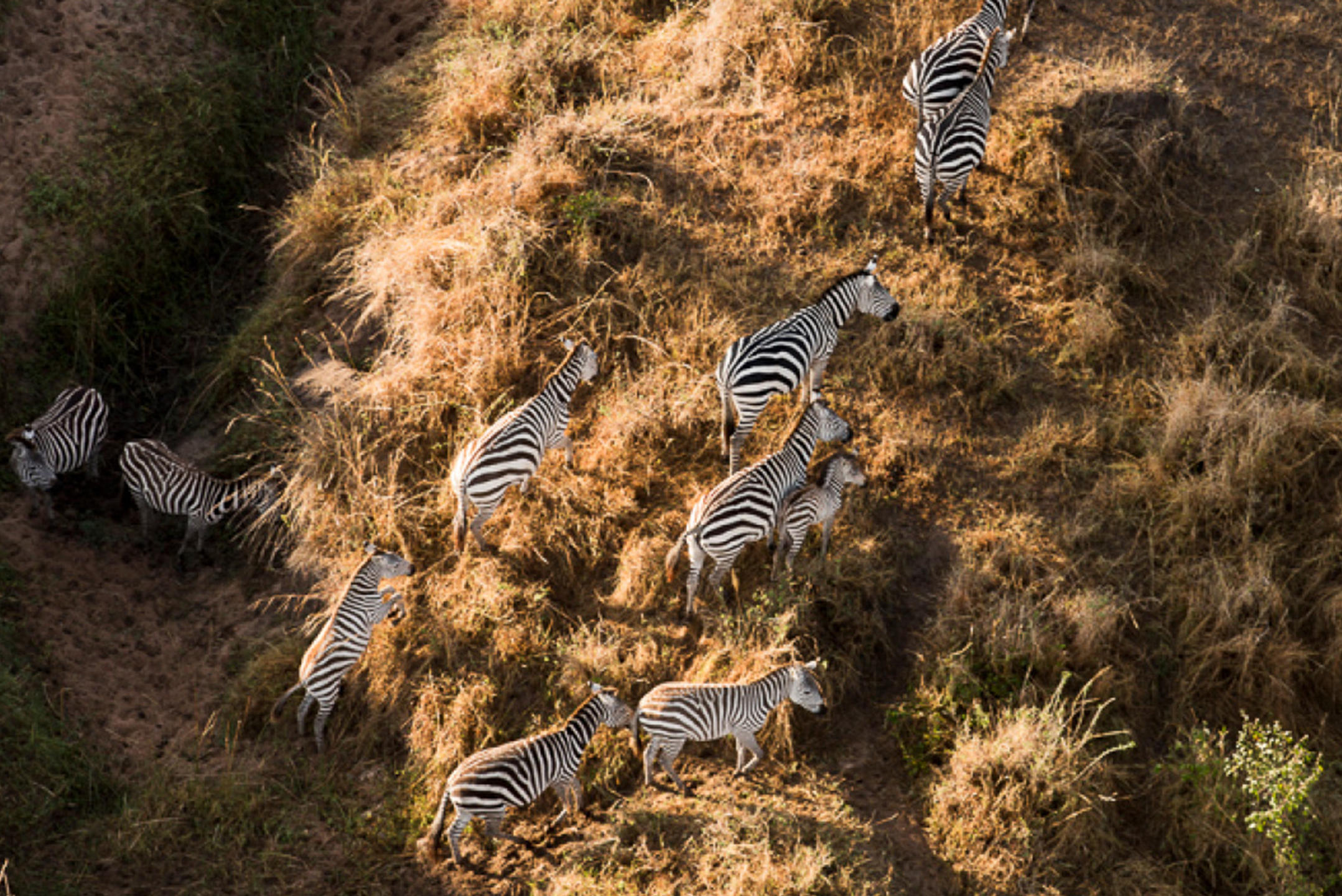
The length of your safari will depend on various factors, such as the amount of time you have available, your budget and the destinations you want to visit. Carefully consider how many days or weeks you can realistically dedicate to your adventure, taking into account travel time to and from Africa.
Keep in mind that while a safari itinerary for families of 5 to 7 days can provide a wonderful introduction to the African wilderness, it will only allow you to visit one or two destinations. Perhaps you could explore the Ngorongoro Crater and Serengeti National Park in Tanzania or experience the Okavango Delta and Chobe National Park in Botswana. Less than a week will probably mean creating a family safari itinerary that sticks to one country or area.
A longer safari itinerary for families of 10 to 14 days will allow you to better appreciate the diversity of Africa’s landscapes (and observe a wider range of wildlife) while visiting different regions. For example, you could journey from the wildlife reserves of northern Tanzania to the gorilla-populated forests of Rwanda and Uganda or spend time following the Great Migration in the Masai Mara before a few days of relaxation on the beaches of Zanzibar.
Compare sample itineraries for different lengths →
3. Select a destination
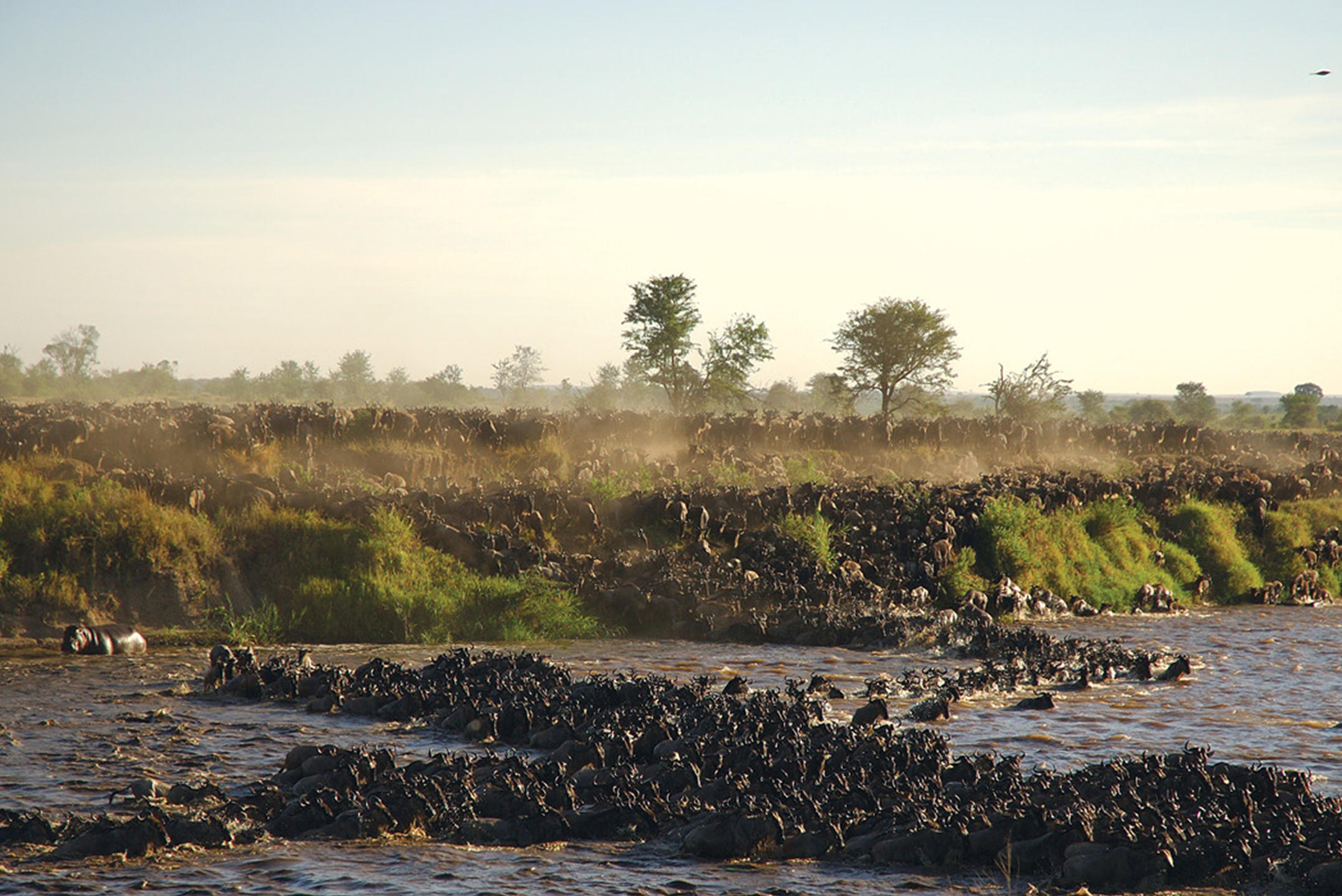 When organising a family safari in Africa, it's important to select a location that provides a mix of amazing wildlife experiences and fun activities for children, all while catering to your family's interests. Pick a destination that allows easy access to a variety of wildlife and emphasises conservation, focusing on protecting and maintaining the ecosystem for future generations.
When organising a family safari in Africa, it's important to select a location that provides a mix of amazing wildlife experiences and fun activities for children, all while catering to your family's interests. Pick a destination that allows easy access to a variety of wildlife and emphasises conservation, focusing on protecting and maintaining the ecosystem for future generations.
For malaria-free options, South Africa’s Eastern Cape and Madikwe Game Reserve are excellent choices while the Borana Conservancy near Mount Kenya is also malaria-free due to its elevation. The Maasai Mara National Reserve in Kenya and Serengeti National Park in Tanzania are famous for their Great Migration and “Big Five” sightings, allowing you to see lions, leopards, elephants, rhinos and buffalo all in one trip.
In Botswana, Chobe National Park is famous for its easy access and large elephant population, while the Okavango Delta provides unmatched luxury safari experiences. Namibia’s Etosha National Park, with its low malaria risk, is perfect for families seeking a budget-friendly self-drive adventure.
Keep in mind that the destination you choose for your African family safari will be influenced by the safari type you prefer as not all parks and reserves allow for self-drive experiences. It’s also important to consider any age restrictions imposed by lodges and camps - your options may be more limited with very young children.
4. Connect with a reputable safari operator
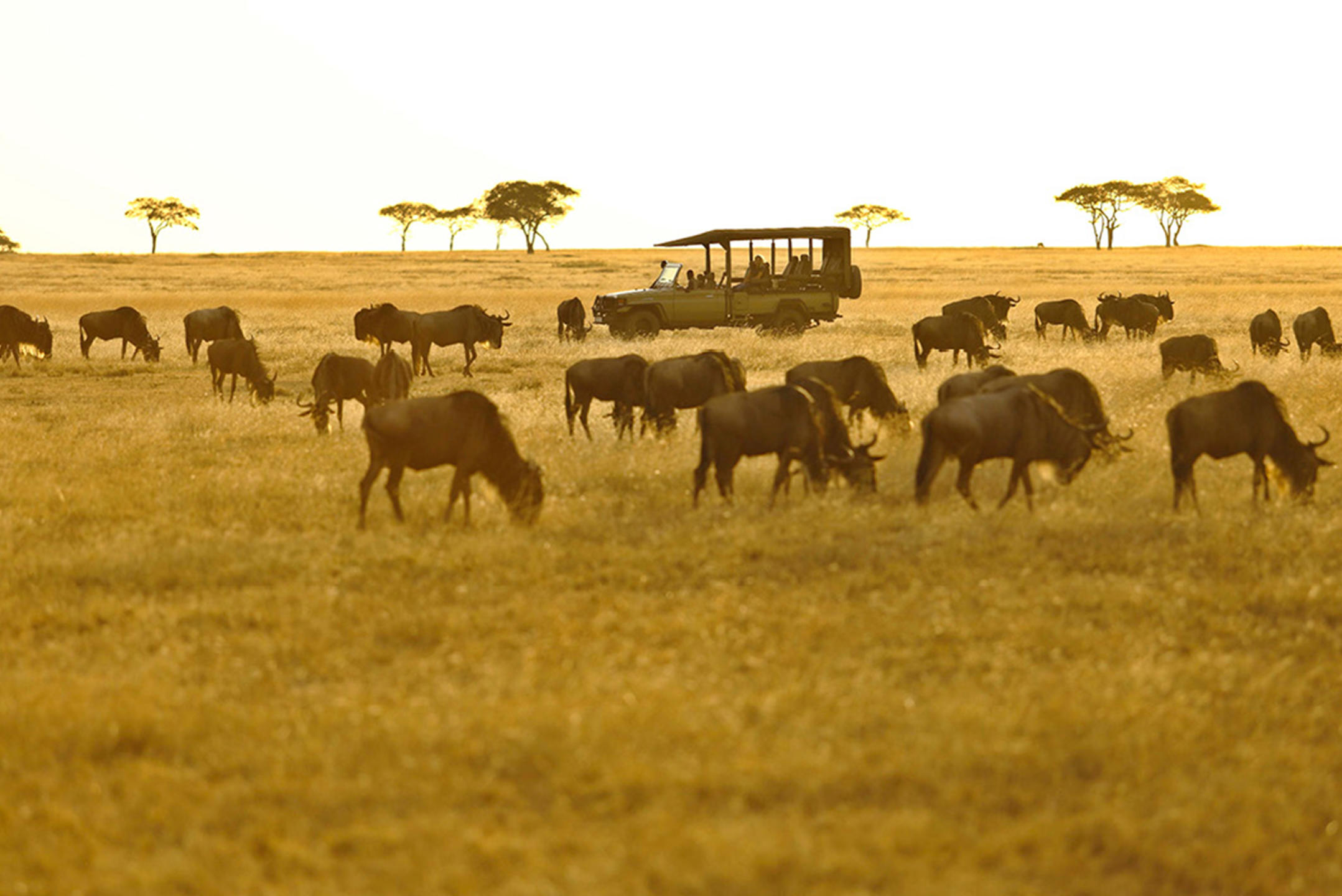 If this all sounds overwhelming, one of our top tips for families planning a safari is to partner with a reputable safari operator who specialises in family experiences. Drawing on their extensive knowledge of Africa’s safari industry, they will take the hard work out of planning for you and they can often access exclusive packages that you won't find online.
If this all sounds overwhelming, one of our top tips for families planning a safari is to partner with a reputable safari operator who specialises in family experiences. Drawing on their extensive knowledge of Africa’s safari industry, they will take the hard work out of planning for you and they can often access exclusive packages that you won't find online.
Before selecting a safari operator, take the time to read online reviews, especially from families to check that the safari experience was customised to meet their needs. Look for a safari operator with experience in booking family-friendly accommodations and activities, such as nature walks and junior ranger programs. The best operators will know instinctively which accommodations are suitable for your children’s ages and the types of activities that are available.
A family-oriented safari operator will provide adaptable itineraries that can be tailored to your family's unique requirements and pace, as well as your specific interests. They will also understand the value of finding lodges with trained nannies who can supervise young guests while parents take some time for themselves.
5. Book your flights
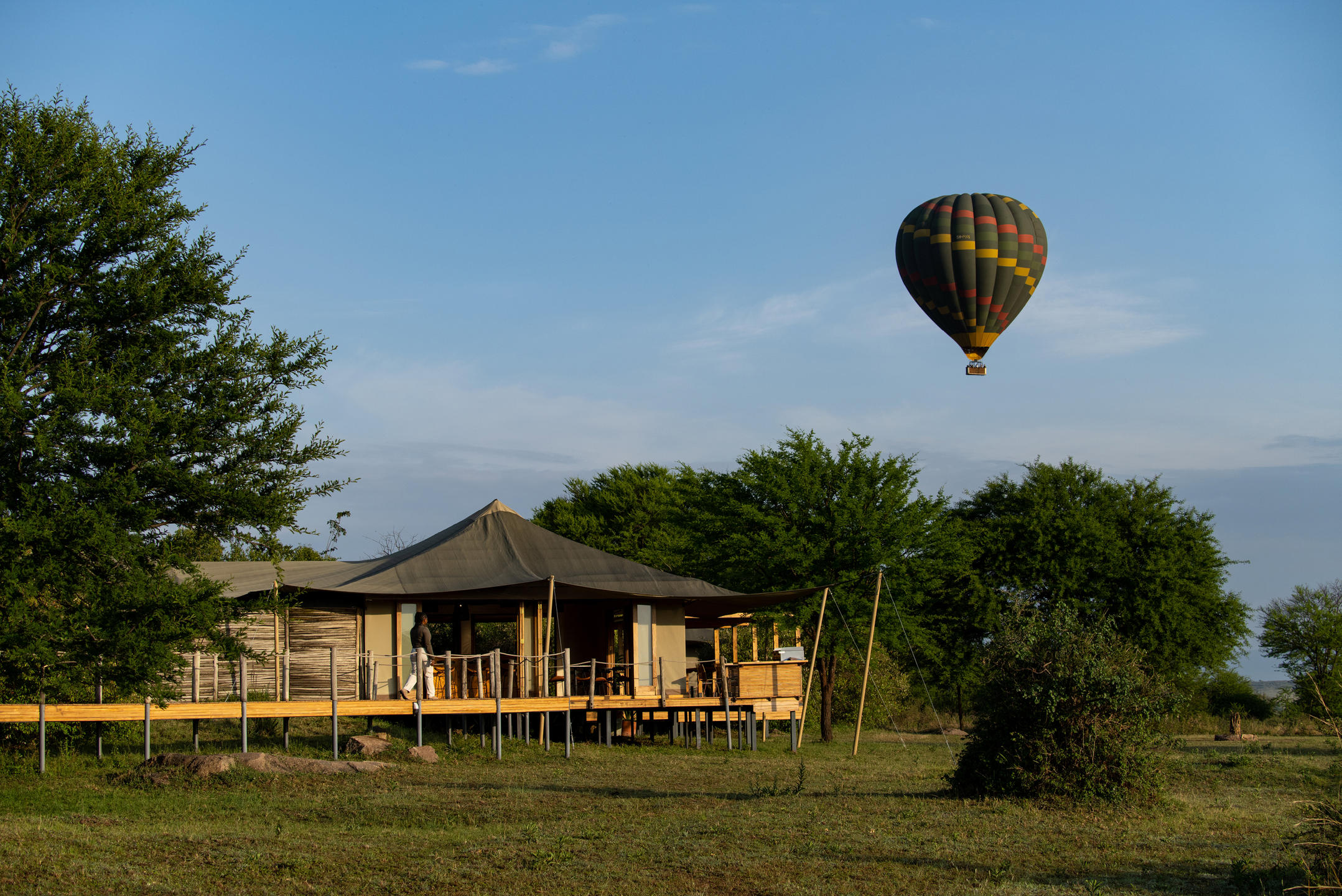 While a safari operator can handle most of the bookings for your family adventure to Africa, not all packages will include international flights. That being said, most safari operators can advise on the best routes and airlines to make this planning step easier for you.
While a safari operator can handle most of the bookings for your family adventure to Africa, not all packages will include international flights. That being said, most safari operators can advise on the best routes and airlines to make this planning step easier for you.
It’s best to book flights well in advance to secure the most affordable prices and ensure availability during peak travel times. Most safaris in Africa will require you to fly into a major international hub, such as Johannesburg or Nairobi, before connecting flights to smaller airports closer to your safari destination.
If you’re booking charter flights, don’t forget to thoroughly review baggage allowances, as small bush planes used to access remote safari lodges often have strict weight limits for luggage. Also, ensure every member of the family has the necessary travel documents like passports and visas well before your departure date. Without them, you won’t be going anywhere!
6. Make health and safety preparations
 Before you set off on your safari adventure, it's important to prioritise your family's wellbeing by consulting a healthcare professional. It’s best to do this well in advance of your travel date as some vaccinations are administered over the course of weeks. Your doctor can offer tailored advice based on your destination and your family's specific health needs.
Before you set off on your safari adventure, it's important to prioritise your family's wellbeing by consulting a healthcare professional. It’s best to do this well in advance of your travel date as some vaccinations are administered over the course of weeks. Your doctor can offer tailored advice based on your destination and your family's specific health needs.
During your appointment, make sure to talk about the necessary vaccinations for your safari destination, which may include yellow fever, typhoid and both hepatitis A and B. Additionally, enquire about anti-malarial medications if you're heading to a malaria-prone region and discuss suitable options for your children.
It's also a good idea to stay informed about any health advisories or alerts related to your travel destinations, as this knowledge will help you make well-informed choices and take necessary precautions. Most governments offer travel advice on official websites, including important safety and health information for travellers.
7. Pack your bags and prepare to fly!
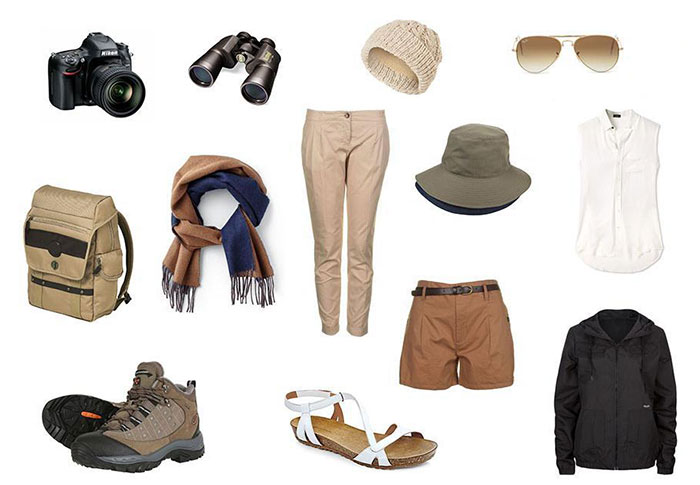
The final step in this family safari planning guide is to pack your bags, prioritising practical clothing and safari gear. Lightweight, breathable fabrics in neutral shades like khaki, beige and olive green are ideal as they blend seamlessly with the environment and will help you stay cool in the heat. Long-sleeved shirts and pants are best to not only protect your skin from the sun but also insects during game drives or nature walks.
Don't forget a wide-brimmed hat to shield your face and neck, plus a pair of comfortable walking shoes for exploring the great outdoors. Along with your clothing, pack any necessary toiletries, a high-SPF sunscreen and a dependable insect repellent to keep mosquitoes and other pests at bay.
A well-equipped first-aid kit and any personal medications are also crucial, together with any toys or games to keep your children entertained. To enhance your safari experience, bring a set of binoculars for wildlife viewing, a camera to capture special moments and swimwear for refreshing dips in the lodge pool.
Looking for more information on family adventure planning in Africa before you head off on safari? Connect with one of our safari experts today.
Connect with one of our safari experts today
Help Me Plan

 1-321-766-6821
1-321-766-6821 
